Category: Biology
-
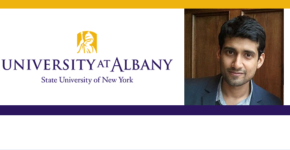
Prashanth Rangan, University at Albany – Fruit Flies Offer Fertility Clues
What can fruit flies tell us about ourselves? Prashanth Rangan, associate professor of biological sciences at the University at Albany, delves into this question. Prash got his undergraduate engeneering degree in Industrial Biotechnology in India. While pursuing his undergraduate degree, he spent a summer rotation working in a virology lab which left an indelible mark.…
-
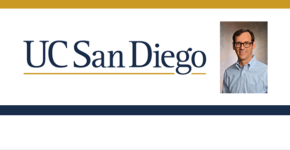
Abraham Palmer, University of California San Diego – Do These Genes Make Me Lonely?
Loneliness might be passed on from one generation to another. Abraham Palmer, professor of psychiatry at the University of California San Diego, examines if a tendency for loneliness can be found in your genes. My research examines the influence of genes on behavior and reflects my training in behavioral neuroscience, molecular biology, pharmacology and quantitative…
-

Ed Hirt, Indiana University – Self Sabotage
Are you a morning person or a night person? Ed Hirt, professor in the department of psychological and brain sciences at Indiana University Bloomington, discusses how self-sabotaging behavior might happen when we think we’re at our best. Ed Hirt is a professor in the College of Arts and Sciences’ Department of Psychological and Brain Sciences…
-
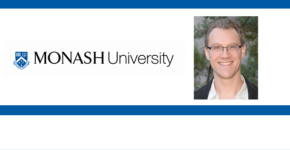
Alistair Evans, Monash University – Predicting Human Evolution through our Teeth
How similar are our teeth to our ancestor’s? Alistair Evans, senior research fellow at Monash University, explores if our ancestors can be identified just by finding some of their loose teeth. Dr Evans is an evolutionary biologist who studies the teeth of mammals. This includes how they break food, how they develop in the…
-
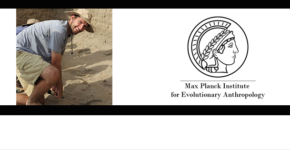
Kevin Hatala, Max Planck Institute of Evolutionary Anthropology – Footprints of Homo Erectus
Did Homo Erectus walk as we do today? Kevin Hatala, post-doctoral researcher at the Max Planck Institute for Evolutionary Anthropology and now at Chatham University, determines whether the feet of our ancestors resemble our own. Kevin Hatala is a paleoanthropologist whose research interests are centered on the evolution of hominin anatomy and locomotion, including how they…
-

Richard Stevens, University of Connecticut – Artificial Lighting and Our Health
Turn off the lights. Richard Stevens, professor in the school of medicine at the University of Connecticut, examines the effects of electric light on our circadian rhythms. Dr. Stevens has been working for a long time trying to help figure out why people get cancer. One of his major interests has been in the possible…
-
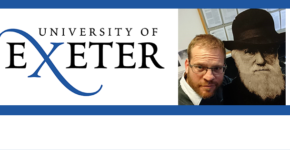
Sasha Dall, University of Exeter – Genes as Cues for Development
What do your genes say about you? Sasha Dall, Senior Lecturer in Mathematical Ecology at the University of Exeter, examines how genotype and local environment work together during development. The primary aim of my research is to explore how animals cope with the unexpected opportunities and dangers they face in their day-to-day lives. To this…
-
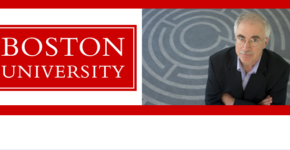
Howard Eichenbaum, Boston University – Guided Memory
Did you wash the dishes in the sink before work this morning? Howard Eichenbaum, university professor in the department of psychological and brain sciences at Boston University, discusses how the brain suppresses some memories to better focus on the tasks at hand. The hippocampus plays a critical role in memory formation, but our understanding of…
-
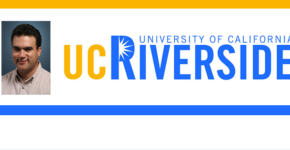
Guillermo Aguilar, University of California Riverside – A Window to the Brain
Scientists are developing an actual window to the brain. Guillermo Aguilar, professor in the department of mechanical engineering at the University of California Riverside, discusses transparent skull implants and how they can give scientists a chance to deliver better treatments to their patients. Professor Guillermo Aguilar received his Bachelors degree in Mechanical and Electrical Engineering…
-
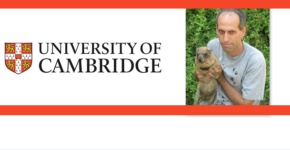
Arik Kershenbaum, University of Cambridge – Animal Communication
Do you talk to your pet? Arik Kershenbaum, research fellow in the department of zoology at the University of Cambridge, delves into whether our pets actually understand what we’re saying. Arik Kershenbaum (Ph.D. Biology, Univ. of Haifa, 2012) analyzes dolphin and whale vocalizations to identify significant syntactic trends to relate them to behavioral and environmental…
